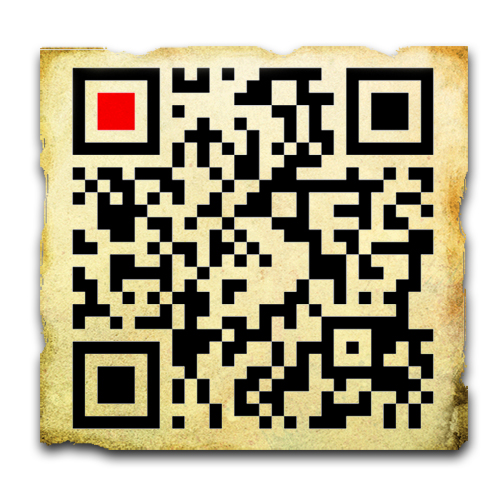
Beyond the Pixelated Square
Created on 19 January, 2024 • QR Code • 438 views • 2 minutes read
From contactless payments to seamless information sharing, these pixelated squares have become an integral part of modern technology.
Join us on a journey as we explore the fascinating world of QR codes, delving into their history, applications, and the untapped potential that lies beyond the surface.
1. The Genesis of QR Codes:
- Origins: QR codes, or Quick Response codes, were created by Denso Wave, a subsidiary of Toyota, in 1994. Initially developed for tracking automotive parts during manufacturing, their use quickly expanded beyond inventory control.
- Evolution: Over the years, QR codes evolved from basic inventory tools to versatile data carriers. Their ability to store more information than traditional barcodes and their fast readability contributed to their widespread adoption.
2. Decoding the Design:
- Design Elements: QR codes consist of black squares arranged on a white background. The position, size, and arrangement of these squares encode information. The three large squares in the corners help the scanner detect and align the code.
- Types of QR Codes: Beyond the standard black-and-white QR code, there are colored QR codes and design variations. Dynamic QR codes allow for editable content, making them suitable for applications like marketing.
3. Beyond Business Cards: Creative Applications of QR Codes:
- Innovation: QR codes are not limited to business cards; they're creatively employed in marketing campaigns, transforming print advertisements into interactive experiences. Educational tools use QR codes for quick access to additional resources or online content.
- Industry Adoption: In healthcare, QR codes on prescriptions enhance medication information. The food industry uses QR codes on packaging for traceability and nutritional details.
4. Contactless Convenience: The Rise of QR Code Payments:
- Global Shift: QR code payments have gained popularity globally, offering a secure and convenient alternative to traditional transactions.
- Security Measures: QR code payment systems employ encryption and tokenization, ensuring the security of financial transactions. They often require authentication methods like biometrics.
5. QR Codes in the Age of COVID-19:
- Accelerated Adoption: The pandemic accelerated the use of QR codes for contact tracing, health declarations, and touchless menu access.
- Long-term Impact: The increased acceptance of QR codes during the pandemic has left a lasting impact on consumer behavior, influencing their integration into various aspects of daily life.
6. The Technological Marvel Behind QR Codes:
- Underlying Technology: QR codes use data matrix and Reed-Solomon codes for error correction. The encoding algorithms ensure efficient storage and retrieval of information.
- Advancements: Recent technological advancements include the integration of QR codes with augmented reality and machine learning, expanding their capabilities.
7. QR Codes: Bridging the Physical-Digital Gap:
- Customer Engagement: QR codes act as a bridge between physical and digital realms, enhancing customer engagement. They enable businesses to provide interactive and personalized experiences.
- Digital Integration: Integrating QR codes into offline experiences, such as product packaging or printed materials, connects consumers seamlessly to digital content.
8. The Future of QR Codes: Possibilities and Predictions:
- Emerging Technologies: As technology evolves, QR codes may become even more versatile. The integration with emerging technologies like blockchain or the Internet of Things (IoT) could open new possibilities.
- Innovation: QR codes may find applications in futuristic scenarios, such as personalized advertisements triggered by real-world interactions or enhanced security features.
As we conclude our exploration of QR codes, it's evident that these unassuming black-and-white squares hold the key to unlocking a myriad of possibilities. From their humble beginnings in the logistics industry to their current status as indispensable tools in our daily lives, QR codes have come a long way. As technology advances, so does the potential of QR codes, promising a future where these pixelated wonders continue to surprise and redefine the way we interact with the world around us.
Visit omyqr.com for creating your customized qr codes.
Categories
Popular posts
-
Future implications of QR codesA future with QR codes • 20,095 views
-
QR Codes for VideoQR Code • 647 views
-
-
-
Boost your small business with QR CodesQR Code • 621 views